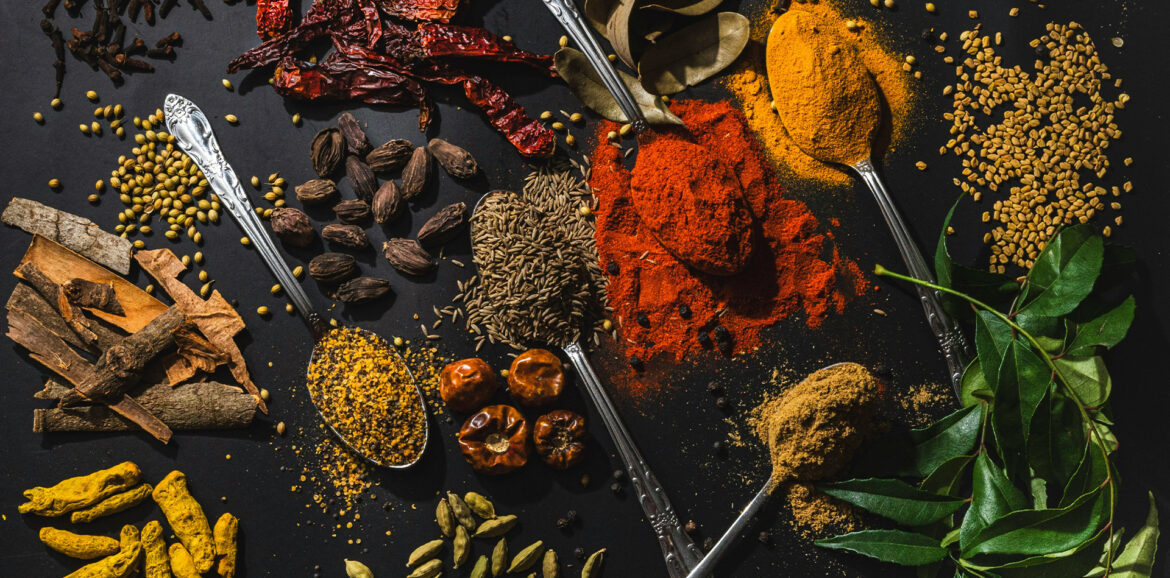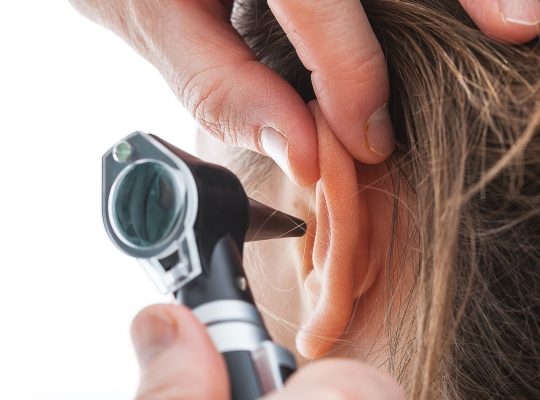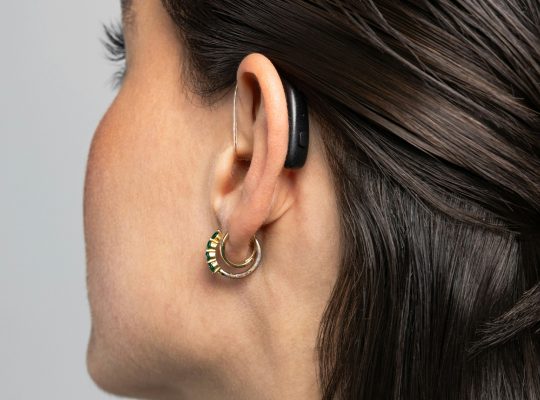We all know that food affects our health, but did you know that some herbs and spices can also play a role in maintaining good hearing? Your ears may seem like a small part of your body, but they’re pretty sensitive to what’s going on inside. Blood circulation, inflammation, nerve function – these are all processes related to your nutrition. And that’s where herbs and spices come in: natural flavorings that not only spice up your food, but can also contribute to healthy ears (or prevent damage).
Let’s dive deeper into the spicy world of hearing health.
Why nutrition and herbs are important for your hearing
Your hearing depends on a properly functioning inner ear and a healthy blood supply to the cochlea, where sound is converted into nerve signals. When that blood flow becomes disrupted or inflammation occurs, it can lead to hearing loss ortinnitus.
Many herbs and spices are known for their anti-inflammatory, antioxidant or blood circulation-promoting properties. Those properties can indirectly help keep your hearing healthy – by fighting oxidative stress or improving blood flow to the tiny capillaries in your ears, for example.
In short, what is good for your heart and blood vessels is often also good for your ears.
Ginger – the all-rounder for your ears
Ginger is perhaps one of the best-known medicinal roots, and for good reason. It helps against nausea, supports the immune system and is anti-inflammatory. But did you know that ginger also stimulates your blood circulation?
Better blood flow means oxygen and nutrients reach the tiny hair cells in the inner ear more easily – and those cells are crucial for converting sound into signals. If they are damaged (by noise or age, for example), they cannot recover.
Some studies even suggest that ginger extract can help reduce tinnitus by having a calming effect on the nerve pathways in the hearing organ. So: drinking ginger tea or adding some fresh ginger to your food is not only tasty, but also smart.
Turmeric – the golden herb against inflammation
Turmeric (or turmeric) is famous for its active ingredient curcumin, which has powerful antioxidant and anti-inflammatory properties. Inflammation plays a role in numerous conditions – including hearing loss.
With age-related hearing loss or noise damage, the hair cells in the inner ear often become inflamed or damaged. Curcumin may help dampen those inflammatory reactions, and there is evidence that it may protect the cells in the inner ear from oxidative stress.
An added benefit: Turmeric also supports liver function, and a healthy liver helps eliminate waste products that can stress the blood vessels (and thus the ears).
Pro-tip: always combine turmeric with a pinch of black pepper, as it increases the absorption of curcumin up to 20 times.
Garlic – good for heart, vessels AND ears
Garlic is known as a natural blood pressure reducer and circulation booster. That’s exactly why it can also help your hearing. The sulfur compounds in garlic, such as allicin, keep blood vessels supple and improve circulation.
In addition, garlic has antibacterial activity, which is especially beneficial for ear infections. Some natural remedies for ear infections include garlic oil because it can help fight bacteria without irritating the ear’s sensitive skin.
There is even evidence that garlic can help with age-related hearing loss precisely because of its positive effect on blood vessels and blood pressure. In short: a clove a day keeps not only vampires, but also hearing problems at bay.
Rosemary – the herb for better circulation
Rosemary contains substances that can stimulate blood circulation, especially towards the brain and nerves. This makes it interesting in hearing problems related to blood flow, such as sudden deafness or tinnitus.
In addition, rosemary is rich in antioxidants that help defuse free radicals – substances that can damage cells, including those in your ears.
So a fragrant cup of rosemary tea or some fresh rosemary in the kitchen is not only good for your taste buds, but also for your hearing.
Cinnamon – warm, sweet and good for your circulation
Cinnamon has a warming effect on the body and helps stimulate circulation. Better circulation means more oxygen to the ears. In addition, cinnamon helps keep blood sugar levels stable, which is indirectly good for the nerves and microcirculation in the inner ear.
Some natural healers recommend cinnamon as a supportive herb for sudden hearing loss or balance problems, especially in combination with ginger and honey.
Chili pepper – spicy, but in moderation
Capsaicin, the compound that makes peppers hot, stimulates circulation and causes the body to temporarily produce more endorphins. This can improve blood flow in the inner ear.
But beware: eating too much spicy food can also cause stress reactions in the body, especially in people prone to high blood pressure. And excessive blood pressure can actually harm hearing.
So: a little spicy is fine and can even be good for your ears – but don’t overdo it.
Ginkgo biloba – the classic among ear supports
Although not technically a kitchen herb, ginkgo biloba deserves a spot here. This plant has been used for centuries to improve cerebral blood flow and is often recommended for tinnitus or age-related hearing loss.
Ginkgo can dilate the small blood vessels in the inner ear, improving blood flow and providing better nourishment to hair cells. Some people experience a reduction in tinnitus or dizziness after several weeks of using ginkgo extract.
Important though: always consult with your doctor if you are taking blood thinners, as ginkgo can enhance their effect.
Cloves – an herb with healing power
Clove contains eugenol, a substance that acts as a natural anesthetic and anti-inflammatory. In some cultures, clove oil is even used as a home remedy for earaches.
Although you shouldn’t just drip pure clove oil in your ear, a diluted form can help relieve pain and inflammation in mild ear problems. In addition, clove has antioxidant properties, which help protect the auditory nerve.
Green tea – soothing and protective
Green tea is rich in antioxidants, particularly catechins, which help protect cells from free radical damage. Those antioxidants also work in the inner ear, where they can help reduce hearing loss from noise damage or old age.
In addition, green tea is mildly blood pressure lowering and supports overall circulation – a subtle but effective way to keep your ears healthy.
When herbs are not enough
While herbs and spices can be a nice natural support, they cannot cure hearing loss. If you notice that your hearing is deteriorating, or suffer from tinnitus, dizziness or pressure on your ears, it is wise to have your hearing tested.
A hearing care professional can measure for hearing loss, and work with you to find the best solution. Sometimes hearing protection is needed, sometimes a lifestyle adjustment – and sometimes a combination of both helps.
A spicy conclusion
Your hearing may seem small, but it responds strongly to how you nourish and care for your body. Herbs such as ginger, turmeric, garlic, rosemary and ginkgo biloba can help keep your ears healthy by stimulating blood flow and reducing inflammation.
But as with everything in life, it’s all about balance: a healthy lifestyle, a bit of herbal magic and listening carefully to your body – literally and figuratively.
And if you do notice that sounds sound a little duller or that a squeak lingers in your ear: check with an audiologist. Because sometimes the best spice for your ears is just … attention.








